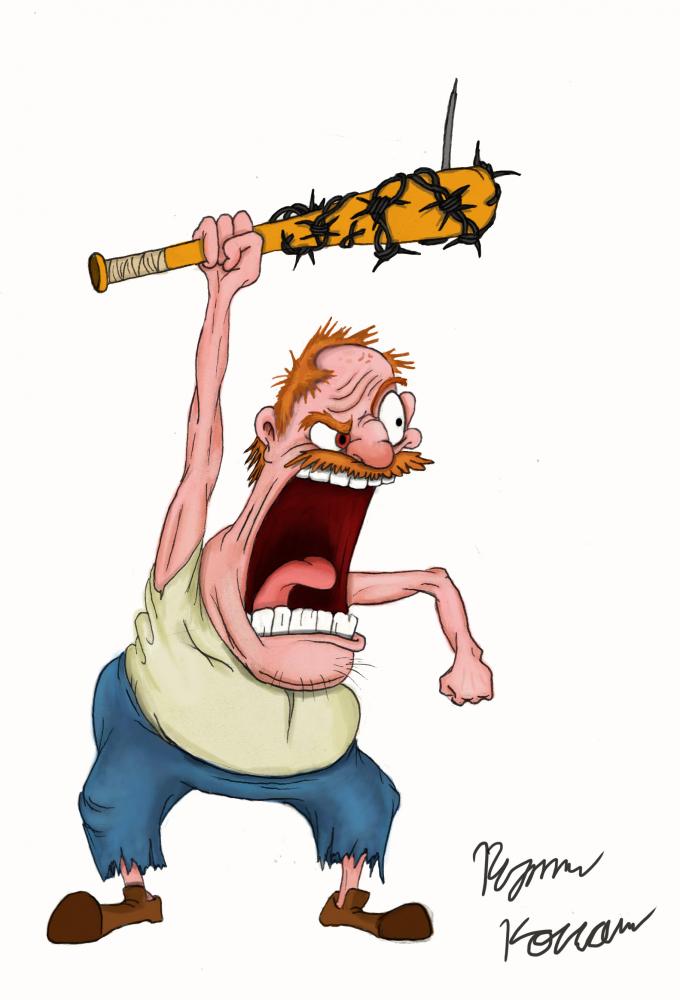Before peaceful protest helped bring acceptance to several pushes for change in US history, several such movements were unjustly marginalized and ignored before violent protest grabbed the public's attention. We are very fortunate to live within a society where we can pursue change through civil and non-violent means -- very often to great success.
The problem with relying on such a system, however, is that when a minority of the population faces injustice, their rights are left in the hands of an unaffected, and sometimes ignorant, majority. It can take years of mistreatment and protest for such groups to garner the attention and respect of the general masses. By the time that happens, generations have passed without any progress. While violent protest may escalate tension and endanger innocent bystanders and the oppressed alike, it has at times been invaluable in forcing the general populous to pay attention.
This is no more apparent than in the struggle to bring general acceptance to the LGBT community. Today, many of us see the recent nationwide acceptance of same sex marriage as a victory achieved peacefully and systematically -- first at the ballots and then in the courts -- but it was the Stonewall Riots in 1969 that first helped energize activists and gain public attention.
On June 28, 1969, tensions between gay residents of Greenwich Village in Manhattan and the NYPD erupted over the raid of the Stonewall Inn, the latest of many gay bar raids in New York at the time. Fed up with a system that targeted gays and prevented them from meeting openly, violence ensued that night and periodically throughout the following week.
Such an outward display of dissent inspired many activists to be more forward with their push for equality. With the one year anniversary of the riots came the first ever Gay Pride Celebrations. Gay Rights groups had participated in picketing and sit-ins the prior few years, but this was an unprecedented attempt at mainstream recognition for the gay community. It successfully invigorated the movement and has since become a well-recognized and continued tradition. The unrest at the
There are those who certainly take advantage of the conditions created by violent protest. Although looting and perpetrating violent crimes delegitimize the claims of the protesters in the eyes of the public, the issues that spark such confrontation should not be ignored because of these individuals. In such cases, the oppressed are not being violent for the sake of anarchy; instead, they see no other outlet for change.
By addressing such discrimination as a society, we not only help assure those marginalized that they've been heard, but we prevent them from feeling the need to riot again.








